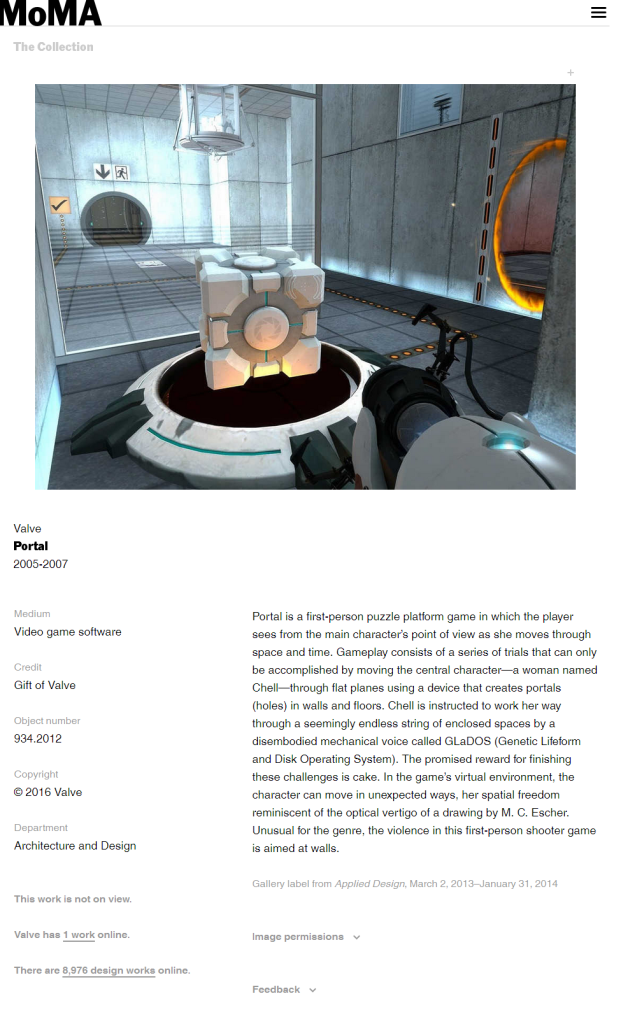I am not really sure what I would tell someone in the past about the future of the book and reading, but I do know where I would go. I would visit Ptolemy I and the founding of the Ancient Library of Alexandria in the 3rd century BCE.
If there is one thing I would tell Ptolemy I and the library organizer Demetrius of Phalerum that knowledge and reading is something that should be equal to all. I understand that educating the common people gives rise to dissent and they are harder to control, but I believe that a people’s culture and history can be preserved through normal citizens as well. It would be nice to study history from a perspective other than that of the elite. I recall the readings from our first week by Robert Darton “What is the History of Books?” and the perspectives we encounter. It would be interesting to gain insight into the daily lives of the peoples of the ancient world instead of the viewpoint of the aristocracy.
My trip back in time would educate Ptolemy I on the importance of recorded information and to incorporate all facets of life from nobility to slave. Oh! And explain to him the advantages and disadvantages of scrolls and binded books. I have spoken before about the differences of continuous and discontinuous reading and I believe it is vital in understanding the medium of storage for knowledge.

